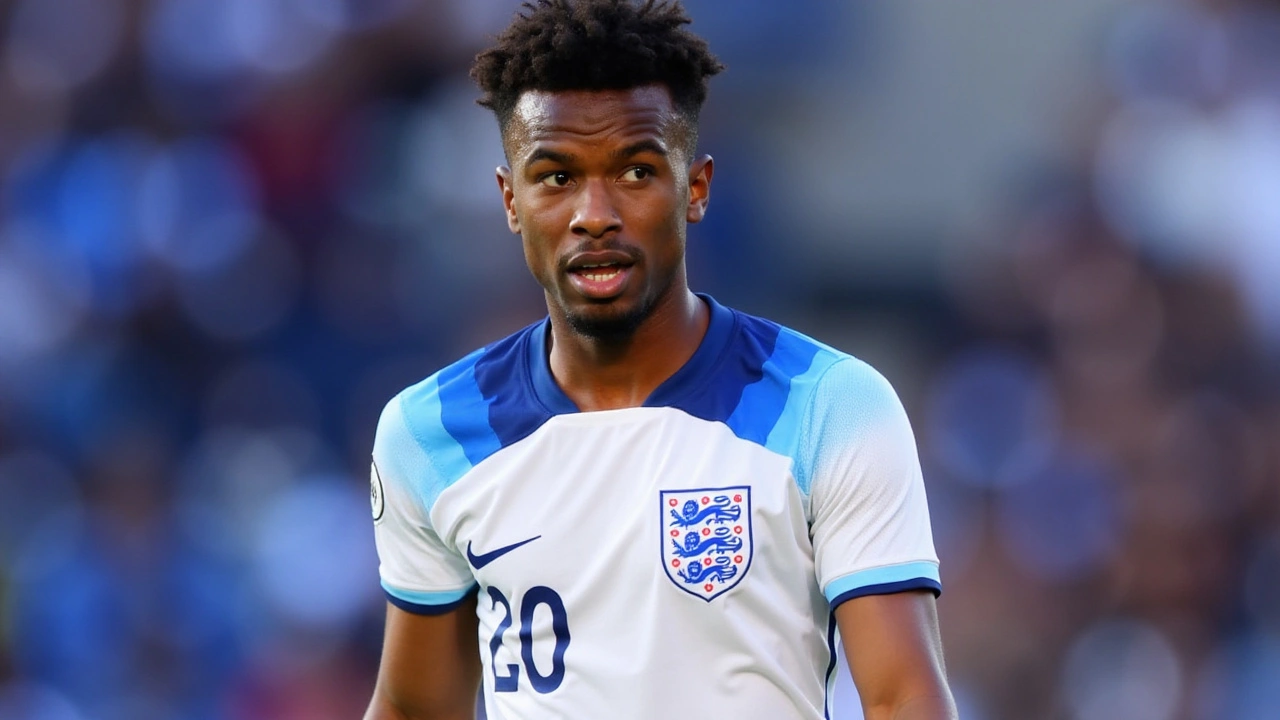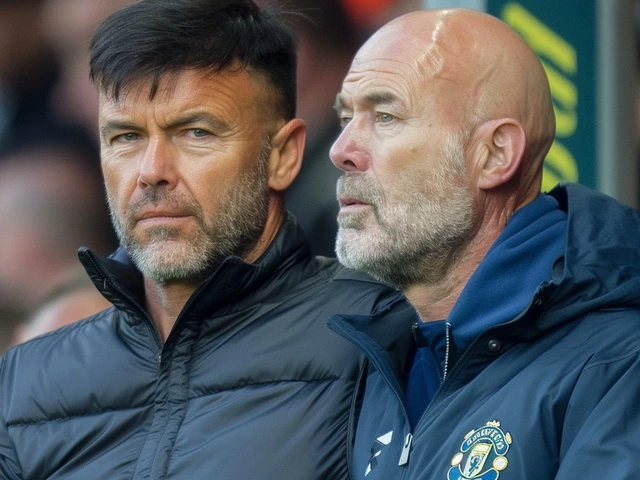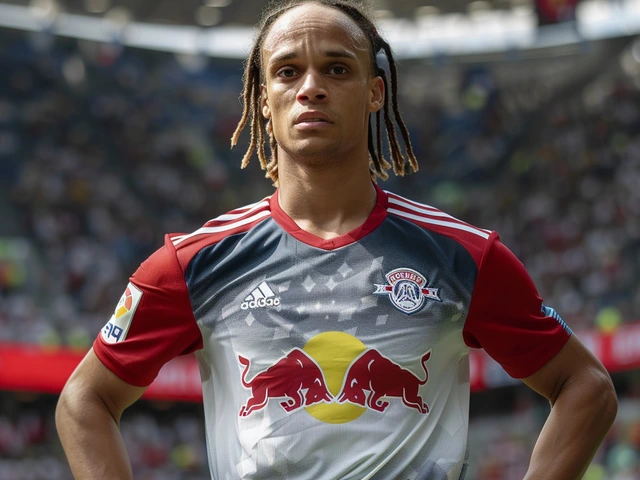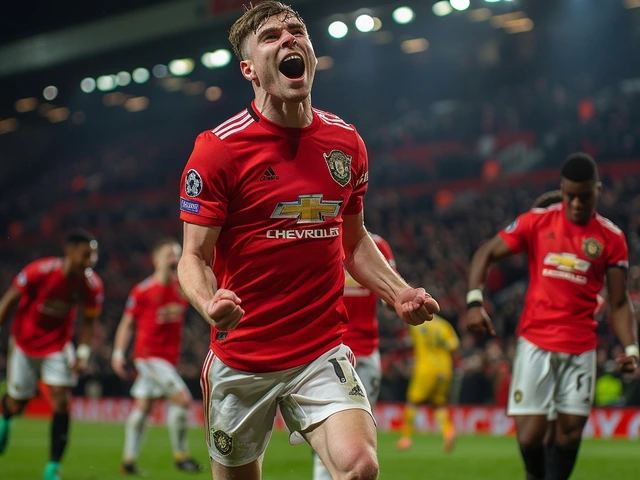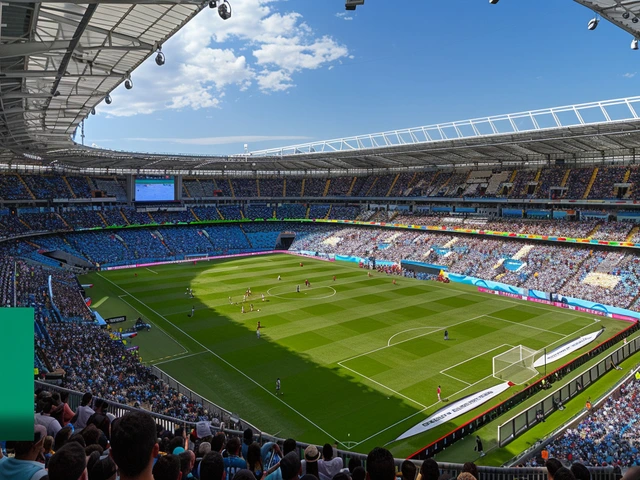FIFA Charges Boavista: Angel Gomes Transfer Ban Shocks Football World
Former Manchester United Star Angel Gomes Faces Transfer Turmoil
Angel Gomes, a promising talent who once graced the pitch with Manchester United, now finds himself in a complicated web of transfer disputes involving his former club, Boavista. The issue has sparked significant interest and concern in the football world, as FIFA steps in to charge Boavista for allegedly failing to meet key financial obligations during Gomes' transfer to Lille in 2020.
The Origins of the Dispute
Gomes' journey in professional football began at Manchester United. He showed immense potential and skill, capturing the attention of clubs across Europe. In 2020, Gomes made the move to Boavista, a Portuguese club, hoping for more playing time and further development. His stint at Boavista, however, was short-lived. Later that year, he transferred to the French club Lille. It is this move that has now landed Boavista in hot water.
The crux of the issue lies in the solidarity mechanism fees, a cornerstone of FIFA's regulations intended to reward clubs that contribute to a player's development. According to FIFA's rules, a percentage of the transfer fee must be distributed among these clubs. For Gomes, this meant ensuring that Manchester United, and any other clubs involved in his early career, received their due share from Boavista. FIFA asserts that Boavista failed to honor this obligation, leading to the current charges.
As a result, FIFA has imposed a transfer ban on Boavista, barring them from registering new players for the next two transfer windows. This sanction is a stark reminder of the potential ramifications for clubs that do not adhere to FIFA's financial regulations.
Impact on Angel Gomes
While Gomes himself is not directly implicated in the dispute, he is undeniably affected by its consequences. The young midfielder, now established at Lille, is seeing his name dragged into the controversy. It is a harsh reality for many players who find themselves caught up in administrative and financial scandals through no fault of their own.
Gomes' career trajectory shows a player determined to carve out his path in European football. Moving from the intense scrutiny at Manchester United to the relatively calmer waters of Boavista, and then on to Lille, Gomes has been keen on establishing himself as a formidable player. Yet, this transfer row puts an unintended spotlight on him, potentially impacting his professional outlook in unforeseen ways.
Boavista's Predicament
For Boavista, this situation presents a significant setback. The club now faces the task of navigating two transfer windows without the ability to register new players. This means they will have to rely heavily on their current squad and perhaps promote talent from within their youth ranks. The sanction also conveys a broader message to clubs about the essential nature of upholding FIFA's transfer guidelines.
The charges against Boavista shed light on the often-overlooked financial intricacies within football transfers. Adherence to rules such as the solidarity mechanism is vital for ensuring fairness and equity across the sport, particularly for clubs that invest in nurturing young talent. These fees can be a crucial source of funding, helping smaller clubs sustain their operations and continue producing future stars.
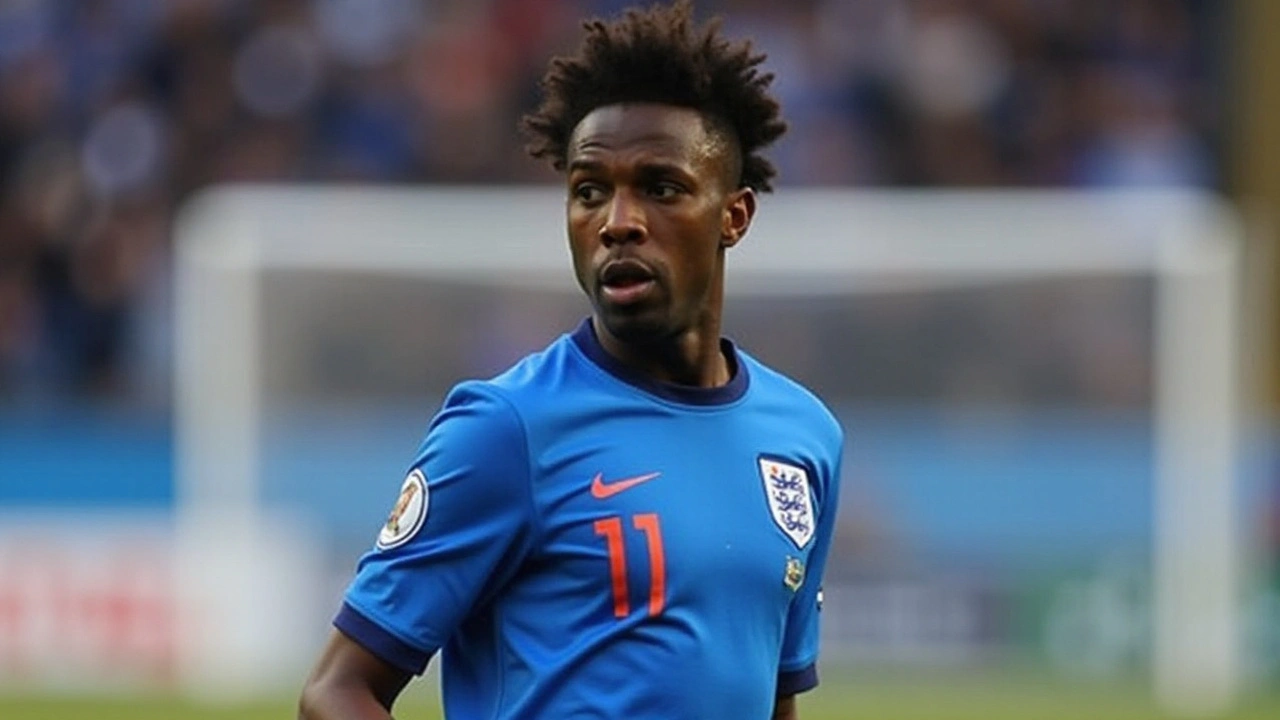
The Role of FIFA's Regulations
FIFA's establishment of the solidarity mechanism was a step toward recognizing and rewarding developmental contributions from various clubs in a player's career. The regulations mandate that when a player is transferred, a portion of the fee is allocated to previous clubs involved in the player's training and education. This system aims to offer financial incentives to smaller clubs that might otherwise struggle to benefit from developing top-quality players.
In the case of Angel Gomes, FIFA's intervention underscores the importance of compliance with these regulations. Boavista's apparent failure to distribute the necessary funds signifies not just a breach of rules, but a breach of trust within the football community.
Moving Forward
As the situation unfolds, stakeholders will be closely watching both Boavista and the broader implications for transfer policies. It serves as a warning to all clubs about the importance of diligent adherence to financial agreements. For Angel Gomes, the focus will likely remain on his performance and growth at Lille. The spotlight on him due to the scandal will perhaps be a reminder of the broader business realities underpinning professional sports.
Ultimately, the charges against Boavista and the subsequent transfer ban are a testament to FIFA's commitment to maintaining fair play and financial integrity in football. Clubs must recognize that the financial aspects of transfers are as critical as the on-pitch performances and ensure all protocols are thoroughly followed to avoid unwelcome repercussions.
